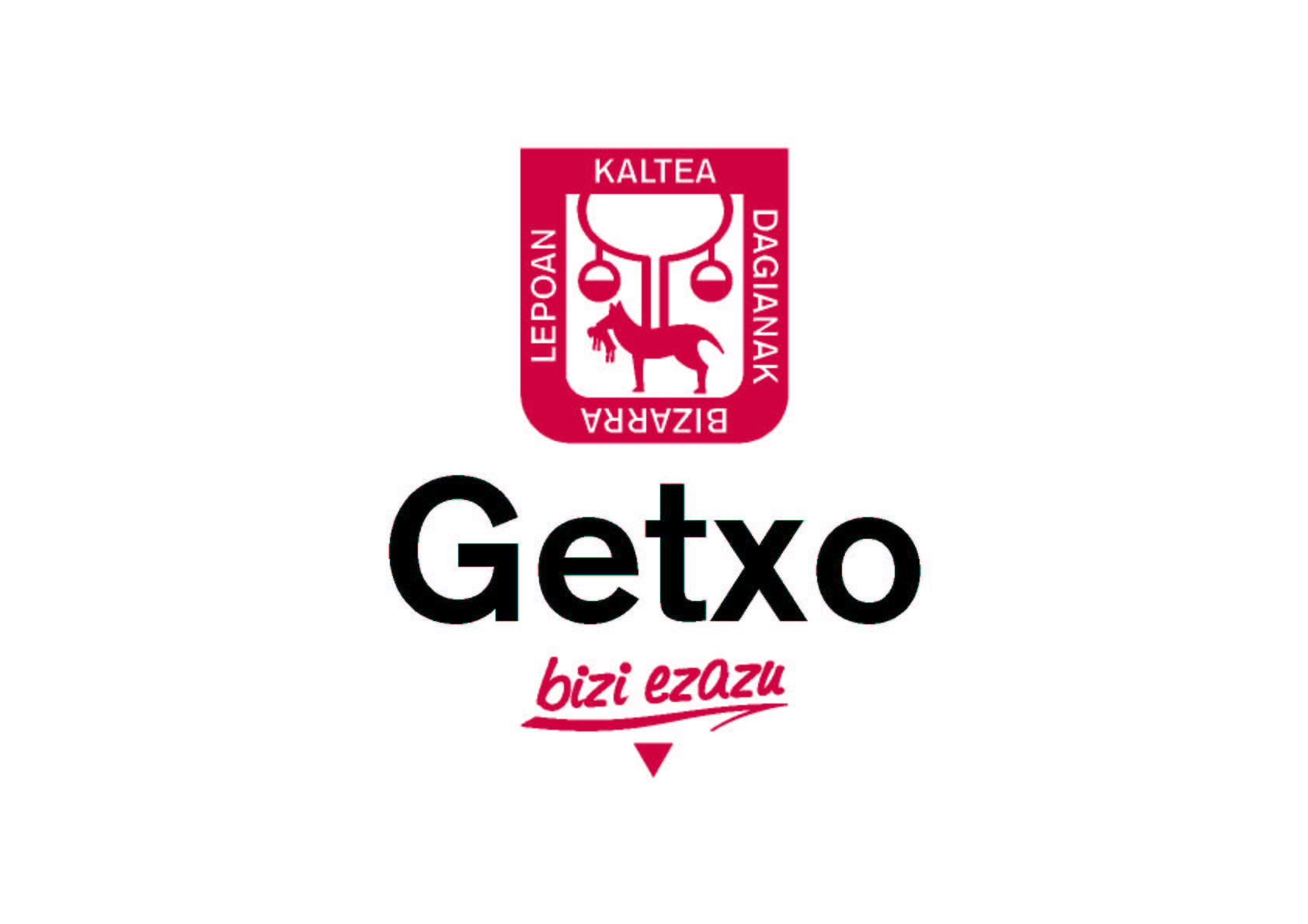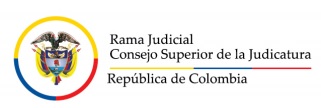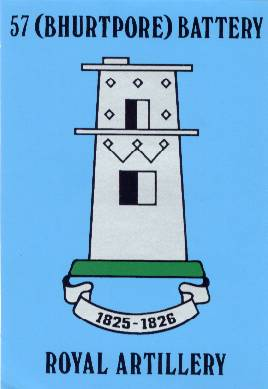international dispute settlement (fall 2021;tuesday 14:30-17:30) professor paik jin-hyun graduate school of int’l studies office:
International Dispute Settlement
(Fall 2021;Tuesday 14:30-17:30)
Professor Paik Jin-Hyun
Graduate School of Int’l Studies
Office: GSIS Rm 601
Tel: 880-8513
TA: Jieun Cha ([email protected])
Course Description
==================
This course examines both abiding and changing sources of
international disputes and conflicts, as well as the intricate
patterns of interactions among the different sources. The course then
addresses what should be done to manage - prevent, defuse, contain,
and resolve – international disputes, whether they occur at the
interstate or intrastate level. It examines various ways and means for
dispute settlement, both diplomatic and legal, including negotiation,
mediation, conciliation, arbitration, adjudication, peacekeeping and
post-conflict peace-building. The course combines theoretical approach
with the analysis of various cases. The course also adopts
interdisciplinary approach to conflict management and dispute
settlement.
Readings
========
*Chester A. Crocker, Fen Osler Hampson and Pamela Aall (eds), Leashing
the Dogs of War: Conflict Management in a Divided World (USIP Press,
2007)
*J.G. Merrills, International Dispute Settlement (6th ed; Cambridge,
2017)
John Collier and Vaughan Lowe, The Settlement of Disputes in
International Law: Institutions and Procedures (Oxford, 2009)
William Zartman (eds), Peacemaking in International Conflict: Methods
and Techniques (USIP Press, 2007)
Laurence Boisson de Chazournes, Marcelo G. Kohen and Jorge E. Vinuales
(eds.), Diplomatic and Judicial Means of Dispute Settlement (Martinus
Nijhoff Publishers, 2013)
Joseph S. Nye, Jr., Understanding International Conflicts: An
Introduction to Theory and History (7th ed; Pearson International
Edition, 2009)
Natalie Klein (ed), Litigating International Law Disputes: Weighing
the Options (Cambridge, 2014)
* Leashing the Dogs of War and International Dispute Settlement (IDS)
will be used as a basic reference for the course. Students are also
encouraged to refer to such materials and websites as Journal of
International Dispute Settlement, SIPRI Yearbook, Strategic Survey
(IISS), and International Crisis Group (www.crisisgroup.org) for the
updated knowledge of ongoing conflicts and disputes around the world.
Course Schedule (Weekly)
Week 1 Introductory Session: Conflicts, Disputes and Conflict
Management
This session will be devoted to meeting one another, gaining the
understanding of basic concepts and approaches to be utilized in the
course, and expectations for each student.
*The Settlement of Disputes in International Law: Institutions and
Procedures, 1-16
Week 2 Perspectives on Sources of Conflicts: Framework for Analysis
* Kenneth N. Waltz, Man, the State and War (Columbia University Press,
1959)
Jack S. Levy, “International Sources of Interstate and Intrastate War”
in LDW, 17-38
Week 3 Source of Conflicts: International System
* Kenneth N. Waltz, Theory of International Politics (Addison Wesley,
1979), 161-193
* Barry Buzan, “Economic Structure and International Security”,
International Organization 38:4 (1984)
* Dale C. Copeland, “Economic Interdependence and War: A Theory of
Trade Expectations”, International Security 20:4 (1996), 5-41
* Edward D. Mansfield and Jack Snyder, “Turbulent Transitions: Why
Emerging Democracies Go to War” in LDW, 161-176
Week 4 Source of Conflicts: Statehood
* Mohammed Ayoob, “State Making, State Breaking and State Failure” in
LDW, 95-114
* Jeffrey Herbst, “Responding to State Failure in Africa”,
International Security 21:3 (1996/97), 120-144
* Christopher Clapham, “The Challenge to the State in a Globalized
World”, Development and Change 33:5 (2002), 775-795
* Carter Johnson, “Partitioning to Peace: Sovereignty, Demography, and
Ethnic Civil Wars”, International Security 32:4 (2008), 140-170
Week 5 Source of Conflicts: Social and Psychological Sources
* Ted Robert Gurr, “Minorities, Nationalists, and Islamists: Managing
Communal Conflict in the Twenty-first Century” in LDW, 131-160
* Michael E. Brown, “New Global Dangers”, in LDW, 39-51
Jerry Z. Muller, “Us and Them”, Foreign Affairs, 87:2 (2008), 18-35
Week 6 International Dispute Settlement System: History and Overview
*David D. Caron, “War and International Adjudication: Reflections on
the 1899 Peace Conference”, American Journal of International Law,
94:4 (2000), 4-30
*The Settlement of Disputes in International Law: Institutions and
Procedures, 19-44
*Diplomatic Means and Judicial Means of Dispute Settlement, 13-24 and
47-57
Week 7 Diplomatic Means 1: Negotiation
* IDS, 1-25
* Robert D. Putnam, “Diplomacy and Domestic Politics: the Logic of
Two-Level Games”, International Organization 42:3 (1988), 427-460
Peacemaking in International Conflict: Methods and Techniques, 80-125
Week 8 Diplomatic Means 2: Mediation
* IDS, 26-42
* Peacemaking in International Conflict: Methods and Techniques,
163-194
* I. William Zartman and Saadia Touval, “International Mediation” in
LDW, 437-454
Week 9 Diplomatic Means 3: Inquiry, Conciliation and Preventive
Diplomacy
* IDS, 43-87
* Bruce W. Jentleson, “Yet Again: Humanitarian Intervention and the
Challenges of "Never Again"” in LDW, 277-297
* Stephen John Stedman, “Alchemy for a New World Order”, Foreign
Affairs, 74:3 (1995) 14-20
Week 10 Judicial Means 1: Arbitration
* IDS, 88-123
* Peacemaking in International Conflict: Methods and Techniques,
195-226
* The Settlement of Disputes in International Law: Institutions and
Procedures, 189-273
Week 11 Judicial Means 2: International Court of Justice
* IDS, 124-176
* The Settlement of Disputes in International Law: Institutions and
Procedures, 124-185
Shabtai Rosenne, World Court: What It Is and How It Works (6th Revised
Ed., 2003)
Weeks 12 Judicial Means 3:Other Dispute Settlement Systems
* IDS, 177-204 (UNCLOS system), 205-234 (WTO system),
* The Settlement of Dispute in International Law: Institutions and
Procedures, (ICSID System), 59-83
Michael Reisman, “The Diversity of Contemporary International Dispute
Resolution: Functions and Policies”, Journal of International Dispute
Settlement 4:1 (2003), 47-63
Week 13 Peacekeeping
* Margaret P. Karns and Kaaren A. Mingst, International Organizations:
The Politics and Processes of Global Governance (Rienner, 2004),
306-326
* Michael W. Doyle and Nicholas Sambanis, “The UN Record on
Peacekeeping Operations”, International Journal 62 (2007), 495-518
UN, Department of Peacekeeping Operation, UN Peacekeeping Operations:
Principles and Guidelines, 2008
Week 14 Post-Conflict Peace-building
* Roland Paris, “Peacebuilding and the Limits of Liberal
Internationalism”, International Security 22:2 (1997), 54-89
* Melissa Nobles, “The Prosecution of Human Rights Violations”, Annual
Review of Political Science 13(2010), 165-182
Eva Bertram, “Reinventing Governments”, Journal of Conflict Resolution
39:3 (1995), 387-418
Week 15 Final Examination
An asterisk(*) indicates a required reading for the session. Students
MUST read materials with an asterisk in advance, and the class
discussion will proceed around those materials.
Course Requirements
===================
Grading for the course will be based on the following four elements:
1) Attendance and informed participation in class discussion (15%)
Students are expected to attend all classes, do all required readings
and as much of the recommended readings as possible in advance, and
participate actively in class discussion and make valuable
contribution.
2) Verbal Presentation with Written Summary (15%)
For each class session, one or two students will be asked to provide
an oral report to the class on assigned readings. Students must submit
the summary of their presentation in advance, at least one day before
the class. The summary is expected to be approximately 5-10 pages in
length (double-spaced). In preparing their presentation, students are
urged to do in-depth research on the given topic, do more than simply
summarize the readings, attempt to draw comparisons with different
views and offer their own critiques.
3) In-Class Final Examination (30%)
The Final Examination will be held at the end of the semester.
4) Final Paper (40%)
By the end of the semester, students are required to submit a paper on
the actual case they choose after consulting with the instructor in
the beginning of the course. The paper should not exceed 20 pages in
length and double-spaced. The paper is DUE on the last day of the
semester.
Office Hours
Due to the COVID-19 pandemic, there will be no regular office hours
for this semester. Students who wish to see Professor Paik are
requested to make appointments in advance through his teaching
assistant for a remote meeting.
Format of the Class
For September and October, classes will be conducted remotely. For the
rest of the semester (November and December), in-person classes will
be held, provided that the pandemic situation improves.
5
 CONVOCATORIA PARA LA REALIZACIÓN DE PRUEBAS DE CONCEPTO DE
CONVOCATORIA PARA LA REALIZACIÓN DE PRUEBAS DE CONCEPTO DE BIDE PUBLIKOAN EDUKIONTZIA JARTZEKO ESKAERA SOLICITUD PARA LA INSTALACIÓN
BIDE PUBLIKOAN EDUKIONTZIA JARTZEKO ESKAERA SOLICITUD PARA LA INSTALACIÓN L INKS WITH COME AND SEE AND RELATIONSHIPS AND
L INKS WITH COME AND SEE AND RELATIONSHIPS AND EXP APEL AUTO 66088318900120150021701 EL SIGUIENTE ES EL
EXP APEL AUTO 66088318900120150021701 EL SIGUIENTE ES EL FICHA TÉCNICA 1 DENOMINACIÓN DEL MEDICAMENTO VETERINARIO TOLTRANIL 50
FICHA TÉCNICA 1 DENOMINACIÓN DEL MEDICAMENTO VETERINARIO TOLTRANIL 50 Nº PROCEDIMIENTO 180087 CÓDIGO SIACI SKI3 ANEXO II SOLICITUD
Nº PROCEDIMIENTO 180087 CÓDIGO SIACI SKI3 ANEXO II SOLICITUD b Anany Flambirowane Składniki Cukier 20g Masło 20g sok
b Anany Flambirowane Składniki Cukier 20g Masło 20g sok LA GAZZETTA DI LUCCA CULTURA E SPETTACOLO MERCOLEDÌ 12
LA GAZZETTA DI LUCCA CULTURA E SPETTACOLO MERCOLEDÌ 12 THE SIEGE OF BHURTPORE (18251826) 57(BHURTPORE) BATTERY WAS CREATED
THE SIEGE OF BHURTPORE (18251826) 57(BHURTPORE) BATTERY WAS CREATED 13 BUPATI LUWU PROVINSI SULAWESI SELATAN PERATURAN
13 BUPATI LUWU PROVINSI SULAWESI SELATAN PERATURAN UNIVERSIDADE FEDERAL DA PARAIBA PRÓREITORIA DE GESTÃO DE PESSOAS
UNIVERSIDADE FEDERAL DA PARAIBA PRÓREITORIA DE GESTÃO DE PESSOAS